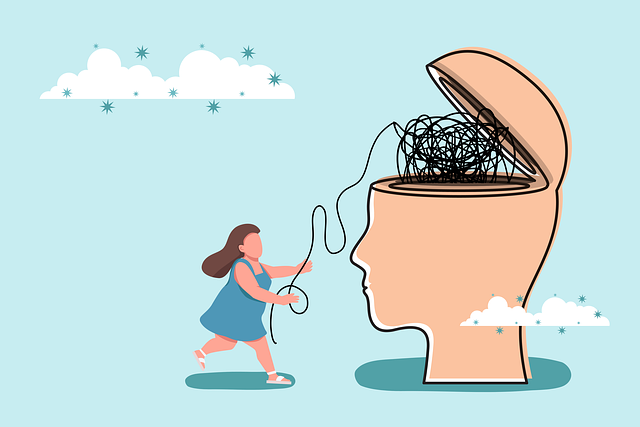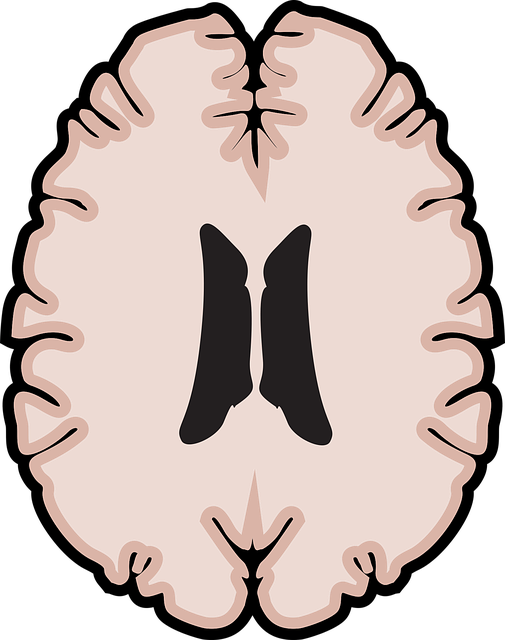Burnout among healthcare professionals, driven by systemic pressures like heavy workloads and long hours, is addressed by organizations like Boulder Divorce Therapy through initiatives focusing on Mental Health Awareness and community outreach. Early recognition of burnout signs is key, with strategies including mindfulness training, stress management workshops, and peer support sessions. Maintaining a healthy work-life balance through self-care practices is crucial, ultimately enhancing care quality, workforce resilience, and patient outcomes.
Healthcare provider burnout is a growing concern, impacting not just individuals but the entire healthcare system. This article explores effective strategies to prevent burnout among healthcare providers, focusing on recognition, prevention, and maintaining a healthy work-life balance. By examining these key areas, we aim to provide valuable insights for professionals—even those in Boulder Divorce Therapy—to safeguard their mental health and well-being, ultimately enhancing patient care and job satisfaction.
- Recognizing Burnout Among Healthcare Providers
- Implementing Effective Prevention Strategies
- Sustaining a Healthy Work-Life Balance
Recognizing Burnout Among Healthcare Providers

Burnout among healthcare providers is a growing concern that demands recognition and immediate action. Often, it manifests as chronic fatigue, cynicism, and detachment from work—a silent epidemic affecting not just doctors and nurses but all medical professionals. At Boulder Divorce Therapy, we’ve observed that burnout isn’t merely an individual issue; it reflects broader systemic pressures within the healthcare sector. High workload, long hours, administrative tasks, and emotional demands can take a significant toll on providers’ well-being.
Recognizing burnout early is crucial for effective prevention. Mental Health Awareness initiatives should be prioritized to help professionals identify signs of anxiety relief and implement strategies to manage stress. Community Outreach Program Implementation can play a vital role in fostering support networks and providing resources tailored to healthcare providers’ unique challenges. By addressing burnout proactively, we not only improve the quality of care but also ensure that our medical workforce remains dedicated and resilient.
Implementing Effective Prevention Strategies

Implementing effective prevention strategies is a vital step in addressing healthcare provider burnout. Organizations can foster a supportive environment by integrating empathy-building strategies into daily practices, encouraging open communication channels, and promoting work-life balance. These initiatives should be tailored to meet the unique needs of medical professionals, as burnout often stems from emotional exhaustion, depersonalization, and a sense of reduced personal accomplishment.
Boulder Divorce Therapy, for instance, can draw upon evidence-based practices such as mindfulness training, stress management workshops, and regular peer support sessions. By organizing these activities, healthcare institutions not only enhance employee well-being but also improve patient care outcomes. Depression prevention measures, including early identification and intervention programs, should be incorporated to further mitigate the risk of burnout among healthcare providers.
Sustaining a Healthy Work-Life Balance

In today’s demanding healthcare landscape, maintaining a healthy work-life balance is more crucial than ever for preventing burnout among providers. This requires intentional efforts to set boundaries and prioritize personal well-being alongside professional responsibilities. Healthcare professionals, just like those seeking Boulder Divorce Therapy, can benefit from incorporating self-awareness exercises into their daily routines to better manage stress and maintain equilibrium. Practices such as mindfulness meditation, regular physical activity, and sufficient sleep are proven strategies for enhancing mental wellness and preventing burnout.
Furthermore, creating dedicated time outside of work for hobbies, social connections, and relaxation is essential. By fostering a strong sense of self-care, healthcare providers can ensure they approach their work with renewed energy and focus. This holistic approach to well-being not only benefits individual practitioners but also contributes to a healthier, more sustainable healthcare system overall, reducing the risk of burnout and improving patient care in the long run.
Burnout among healthcare providers is a pressing issue, but with proactive strategies, it can be effectively addressed. By recognizing the signs of burnout early and implementing prevention tactics such as mindfulness practices and work-life balance initiatives, healthcare professionals can avoid emotional exhaustion and maintain their well-being. Just as Boulder Divorce Therapy offers support for individuals navigating life transitions, similar strategies can help healthcare providers sustain their resilience in the face of demanding careers. Prioritizing self-care and fostering a supportive work environment are key to preventing burnout and ensuring quality patient care.














